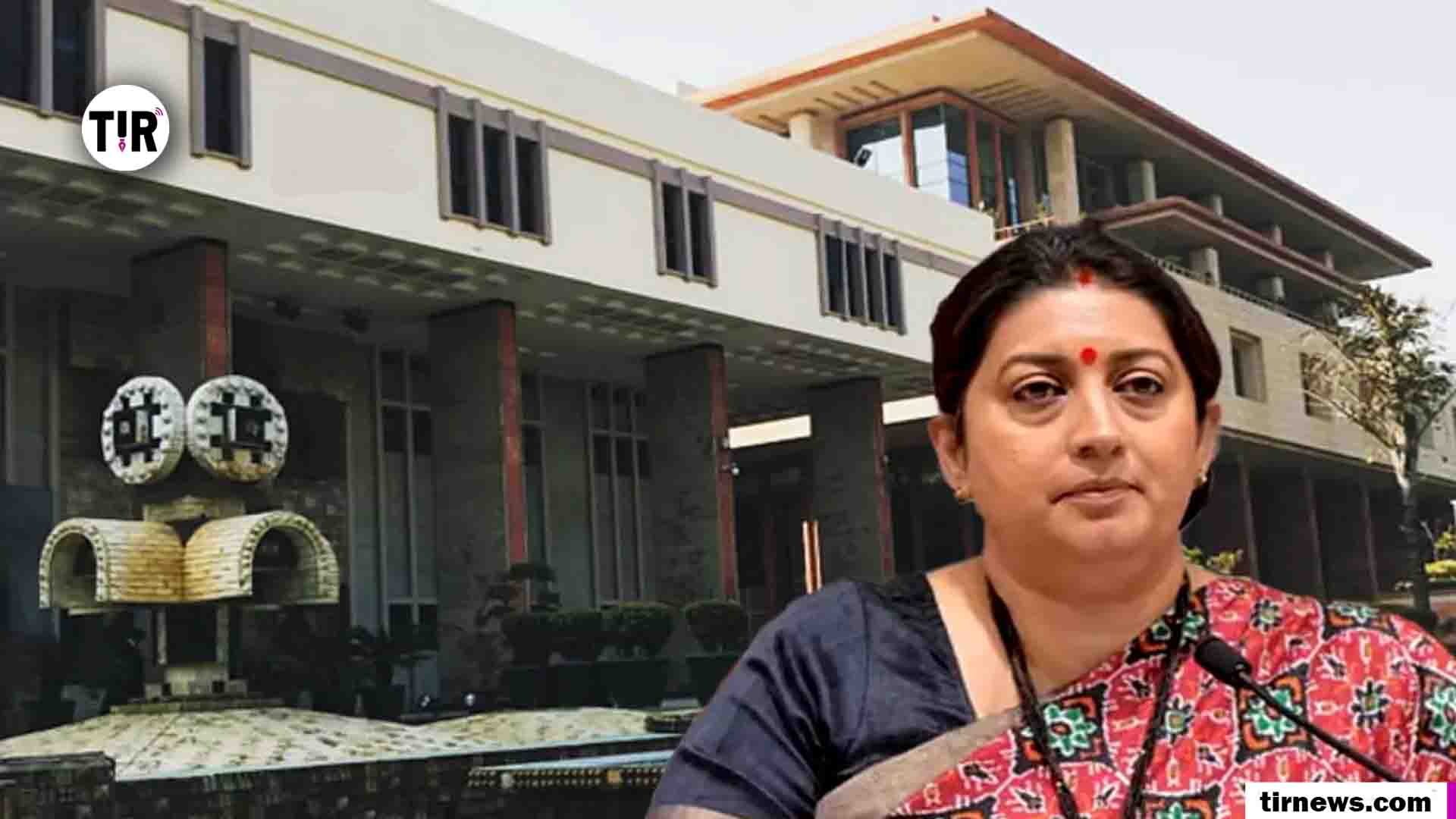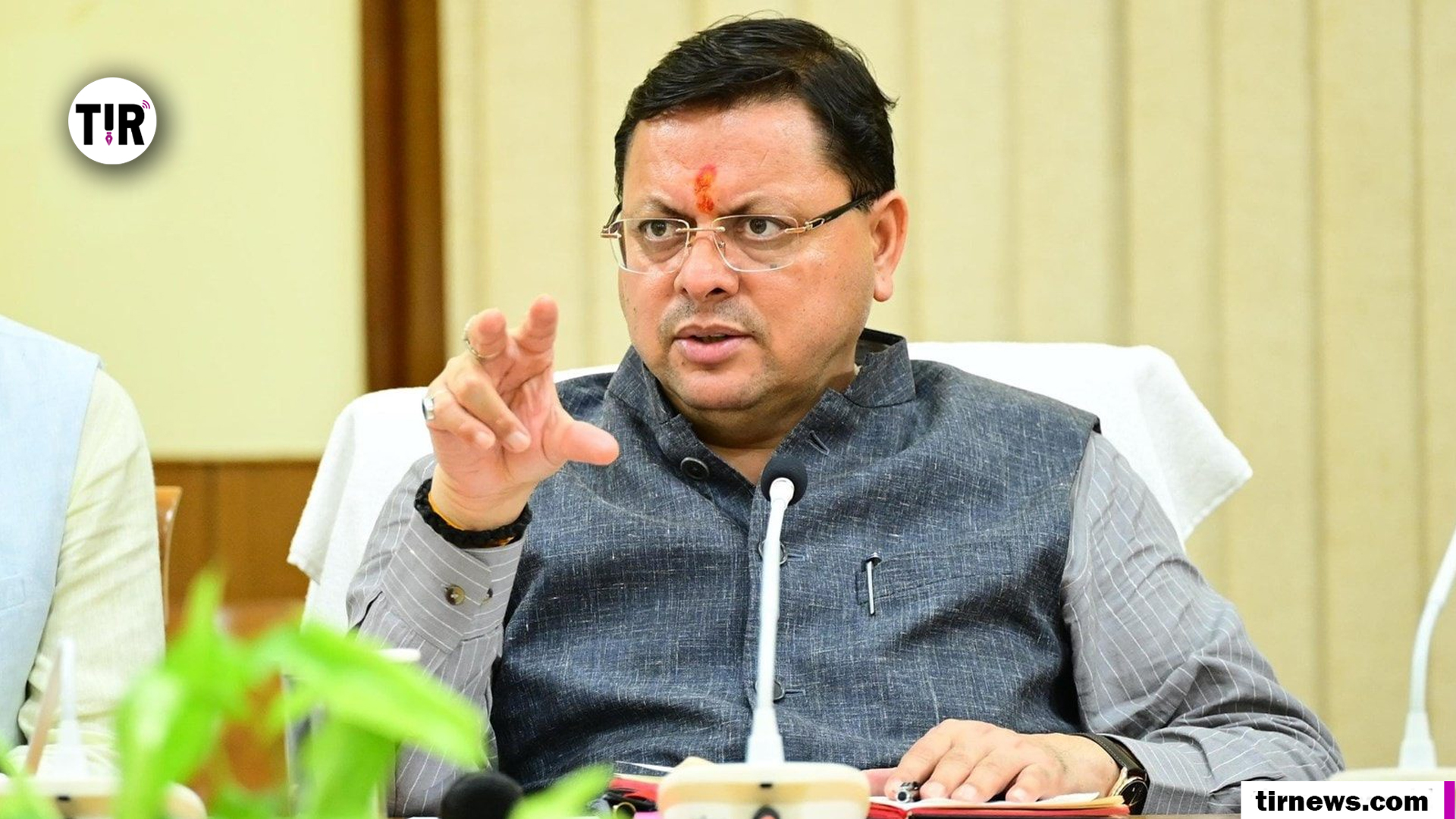On August 25, 2025, the Delhi High Court quashed a Central Information Commission (CIC) order that had instructed the Central Board of Secondary Education (CBSE) to disclose whether Union Minister Smriti Irani had passed her Class 10 (1991) and Class 12 (1993) exams. Justice Sachin Datta ruled that such academic records are personal information, protected under Section 8(1)(j) of the RTI Act, and not automatically disclosable—even if linked to a public figure (LawChakra, The Times of India).
The Court described the CIC’s approach as “thoroughly misconceived,” emphasizing that the RTI Act was intended to enhance transparency, not serve sensational interests (LawChakra, firstindia.co.in). It underscored that institutions like schools and universities hold academic data in fiduciary trust and must maintain confidentiality unless a compelling public interest directly outweighs privacy considerations (LawChakra, firstindia.co.in, Outlook India).
Moreover, the Delhi High Court reaffirmed this principle in a separate case regarding Prime Minister Narendra Modi’s 1978 Delhi University bachelor’s degree, holding that academic records remain private even decades later, barring exceptional circumstances (The Times of India, SCC Online, ThePrint).
Legal Interpretation & Broader Implications
- Privacy As Legal Norm: The verdict highlights that academic qualifications—including marksheets and degrees—are protected as personal data under RTI’s Section 8(1)(j). The mere passage of time (e.g., over 20 years) does not dilute this protection (SCC Online).
- Public Figures Do Not Forfeit Privacy: The Court clarified that holding public office does not override one’s basic privacy rights. Unless specific responsibilities require disclosure of academic credentials, they remain out of RTI’s purview (firstindia.co.in, LawChakra).
-
Checks Against Misuse of RTI: The bench warned against using RTI for “idle curiosity or sensationalism”, cautioning that allowing such misuse could flood the system with demands for all sorts of personal information unrelated to public duties (LawChakra).



